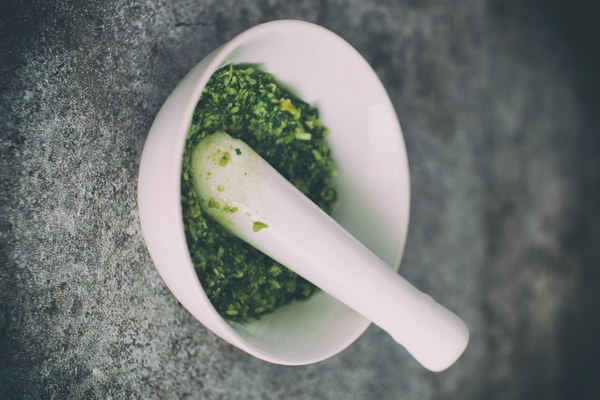Springtime Turtle Care Nurturing the Stomach and Spleen for Optimal Health
As the vibrant hues of spring paint the world, it's not just the flora and fauna that thrive but also our beloved turtles. This season is a prime time for nurturing not just the physical well-being of our scaly companions, but also their digestive health. In traditional Chinese medicine, the stomach and spleen play a crucial role in maintaining overall health, and this principle extends to our reptilian friends. Here's how to ensure your turtle's stomach and spleen are in tip-top shape during the springtime.
Understanding the Stomach and Spleen
In Chinese medicine, the stomach and spleen are considered the foundation of a person’s health, providing the energy and nutrients necessary for growth, repair, and maintenance. Similarly, in the care of turtles, these organs are vital for digestion, absorption of nutrients, and overall vitality. During spring, the liver energy is at its peak, which can affect the spleen and stomach, leading to potential imbalances if not managed properly.
Spring Turtle Care: Nurturing Stomach and Spleen
1. Balanced Diet:
Spring is the time to introduce a variety of foods to your turtle's diet, ensuring a balance of protein, vitamins, and minerals. Offer fresh vegetables like romaine lettuce, spinach, and kale, which are rich in nutrients. Introduce fruits such as melon, banana, and strawberries in moderation. Avoid overfeeding and ensure the food is appropriately sized for your turtle to prevent indigestion.

2. Hydration:
Proper hydration is essential for maintaining a healthy stomach and spleen. Provide fresh, clean water daily and ensure it is free from algae and debris. In spring, turtles may be more active and require more water for cooling down, so regular water changes are crucial.
3. Temperature Regulation:
Spring temperatures can fluctuate, so it's important to maintain a stable environment for your turtle. Use a water heater and a temperature gauge to keep the water at a consistent temperature. The ideal temperature range for most turtles is between 75°F and 80°F (24°C to 27°C). A stable temperature supports optimal digestive function.
4. Avoiding Stress:
Spring is a time of change, and your turtle can be sensitive to stress. Minimize disturbances in their environment, such as frequent moves or loud noises. A calm and secure space allows the stomach and spleen to work efficiently.
5. Regular Cleaning:
Keep your turtle's habitat clean to prevent the build-up of waste and bacteria that can harm the digestive system. Remove uneaten food, waste, and algae from the tank or pond regularly. Clean the filter and water surface to maintain water quality.
6. Supplements and Herbs:
Consider using natural supplements and herbs that support the stomach and spleen. Chlorella and spirulina are rich in nutrients that can aid digestion. In addition, you can consult with a vet or a reptile specialist to discuss the use of traditional Chinese herbs that may benefit your turtle's health.
7. Monitoring Health:
Keep a close eye on your turtle's behavior and appearance. Signs of an unhealthy stomach or spleen may include changes in appetite, diarrhea, or bloating. If you notice any of these symptoms, consult with a vet immediately.
In conclusion, spring is a time of renewal, and with proper care, you can help your turtle thrive. By focusing on a balanced diet, hydration, temperature regulation, stress reduction, and regular maintenance, you'll be well on your way to ensuring a healthy stomach and spleen for your scaly friend. Remember, a healthy turtle starts with a healthy digestive system, and the spring season is the perfect time to nurture this vital aspect of your pet's well-being.









